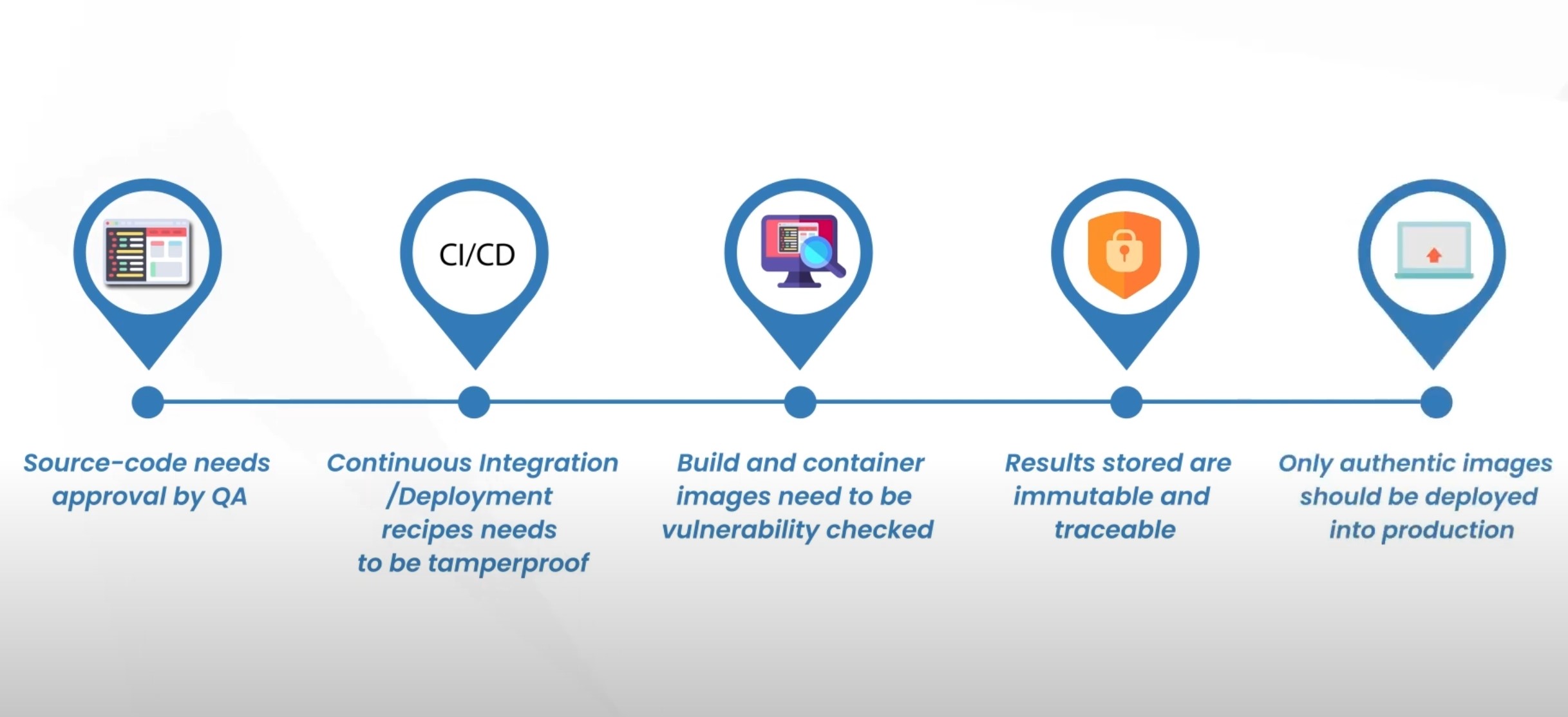News reports surfaced over the past 24 hours that the $40 billion Nvidia-Arm deal, which ranks among the most expensive tech deals ever, is in peril. Nvidia is reportedly ready to walk away due to regulatory pressure. The question is, what does it mean for tech M&A if this deal falls apart?
Let’s not forget that last year at this time Visa shut down a $5.3 billion deal to acquire Plaid after the U.S. Justice Department gave it a closer look than made the credit card giant comfortable. Just last month, the U.K.’s antitrust watchdog announced it was holding up Microsoft’s proposed $20 billion acquisition of Nuance Communications. That deal remains in limbo while it decides what to do with it, and there is also a possibility that the country’s Competition and Markets Authority (CMA) will open an investigation as well.
It’s worth noting that EU authorities cleared the deal last month without conditions.
Now we have Nvidia facing much broader regulatory scrutiny as international regulators worry about the combined companies shifting the competitive balance in the chip market.
Geoff Blaber, Chief Executive Officer at analyst firm CCS Insight says that this deal faced tough regulatory headwinds since it was announced, and it’s not surprising to him that Nvidia would decide to walk away.
“The Nvidia–Arm deal has faced intense scrutiny and pressure from the start and it’s no surprise the deal is in danger of collapse. Finding a way to appease regulators whilst maintaining the value and justifying the $40 billion price tag has proven overwhelmingly challenging,” Blaber said.
He added that the company could try an alternate exit, but it won’t provide the same rate of return for investors that the Nvidia deal would have. “It has also proven disruptive to Arm and its ecosystem in the process. An IPO is an alternative path, but is unlikely to provide Softbank (Arm’s primary investor) a comparable return.”
Patrick Moorhead, founder and principal analyst at Moor Insight & Strategies agrees that it puts Arm in a more difficult financial position, but he sees Nvidia coming out pretty much unscathed, even if it was not able to get the company it wanted.
“For Arm, it means an IPO and a slightly weaker company without Nvidia’s capitalization. For Nvidia, it’s business as usual. Nvidia gets an architectural license if the deal falls apart which means it can, for no license fee, create its own custom CPUs,” putting the company in good shape no matter what happens in this deal.
That could be a big part of why Nvidia with so much regulatory scrutiny simply decided it was no longer worth the effort, especially since it could essentially have its cake and eat it too and it could put that $40 billion into other areas of investment to drive growth in the future.
It could be that this is a unique situation and that it doesn’t really have much impact on the broader M&A landscape, but as we see more careful oversight of deals, and the on-going antitrust efforts in the U.S. involving big tech, it certainly feels like there could be more here than one company growing tired of a bureaucratic process.
There has been talk of governments in general looking at tech deals more closely than in the past, but with the EU all but rubber stamping the Microsoft-Nuance deal, it could depend on the mechanics of each deal, the companies involved, and especially the perceived impact on competitive balance.





